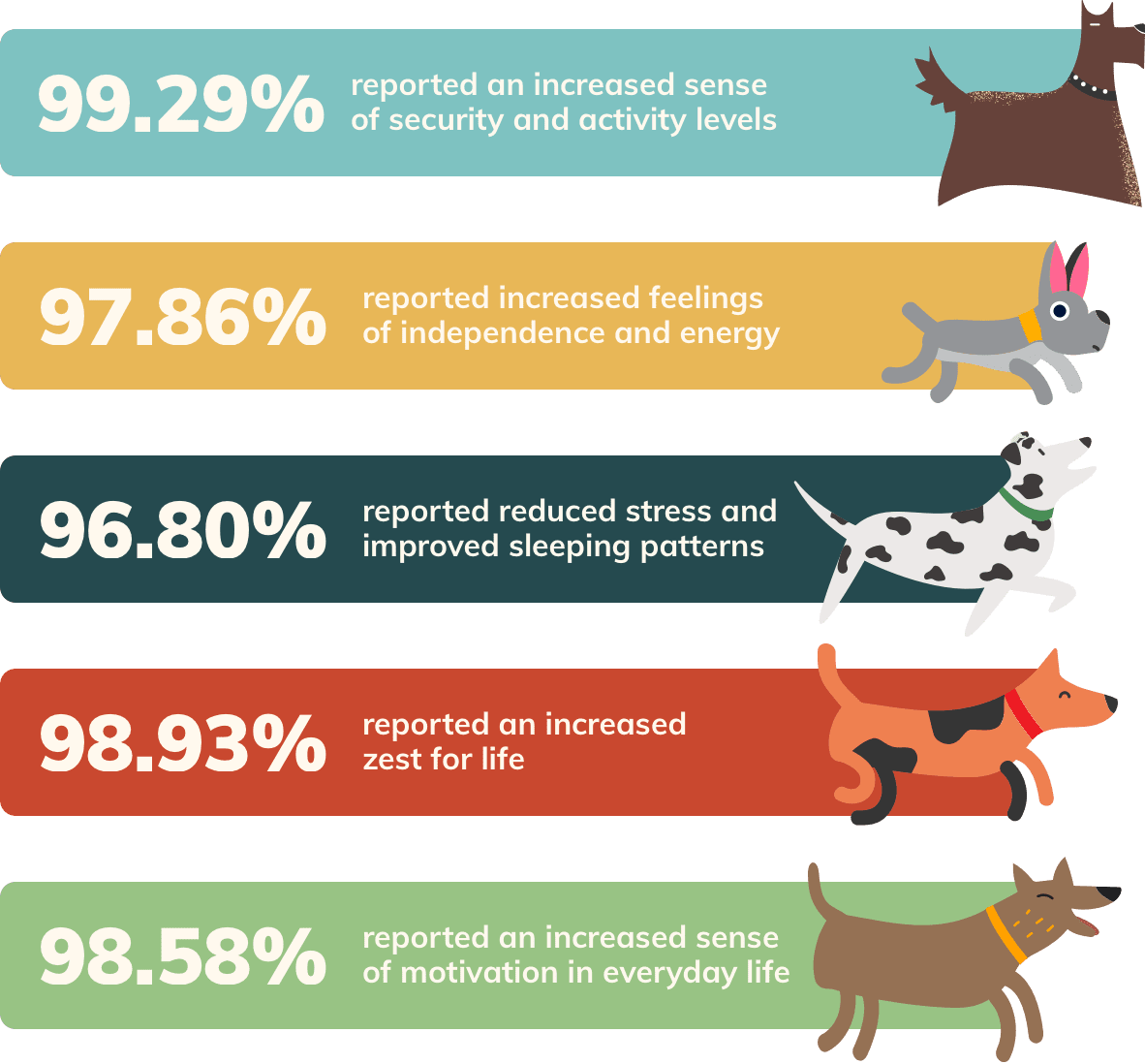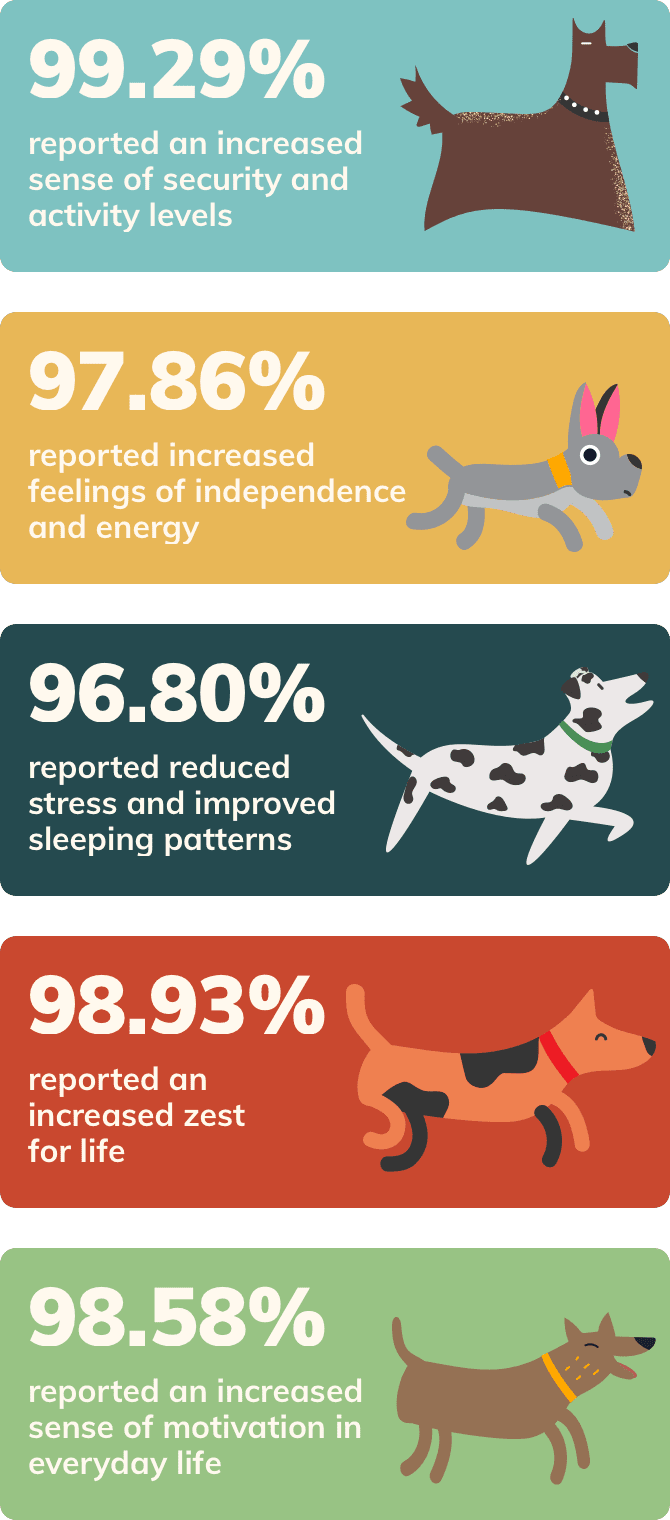The Power of Pets
Could an animal companion be just what the doctor ordered?
If you’ve ever had a family pet, you’re probably aware of the joy they can bring and the mischief they can cause. They may not be for everyone, but having a fuzzy (or scaly or feathered if that’s more up your alley) friend to spend your time with may help lift your spirits when you’re feeling down and keep you on track with your routine in a variety of different ways.
Pets are a big responsibility, but that can actually be part of what makes them helpful to have around. They can be a powerful motivator to get out and go for a walk on days that you might otherwise be tempted to stay snuggled up on the couch, which has its own benefits.


Amber, a parent and athlete with CF, with Pixel the cat.
Of course, pets can also be great for snuggling and providing companionship when you’re feeling lonely, sad, or stressed out. For folks with a chronic condition like CF, there may even be options to have a companion animal prescribed to you for assistance with emotional needs, medical needs, and daily life. Work with your care team to decide whether an animal companion is right for you.
Service animals vs emotional support animals
Service animals are dogs that are specially trained to alert others if you or your loved one are having a medical emergency and to provide practical assistance during everyday life. For instance, they may be able to retrieve medications, let their handlers know if lung irritants are present, or open and close doors. Everybody is different, which means that every service dog will be trained differently depending on the needs of the person they are supporting.
Emotional support animals (ESAs) are animal companions that can be prescribed by a mental health professional or general practitioner to provide support and assistance to individuals who have been diagnosed with a condition that impacts their emotional well-being, like depression, anxiety, or seasonal affective disorder (SAD). Unlike service animals, an ESA does not have to be a dog, but as long as you’re not allergic, there can be benefits to having a canine companion.
Among 298 participants from 9 countries in an online survey assessing the benefits of companionship from an ESA-registered dog:


Other types of pets that can be ESAs include; cats; certain bird species like parrots or cockatiels; small mammals, including rabbits, guinea pigs, hamsters, or mice; reptiles such as turtles or snakes; or even miniature horses. For people with CF, it’s especially important to think ahead about potential allergies or sensitivities to any species you’re considering bringing into your home and to ensure that their food, bedding, or tanks aren’t going to cause irritation or increase risk of infection.
How to register your pet as an ESA
Thinking about bringing home a new buddy or registering your current pet as an ESA? The process may vary depending on your particular needs and living situation, but the first step is to get assessed by a licensed mental health professional to determine if an ESA would be beneficial for you.
